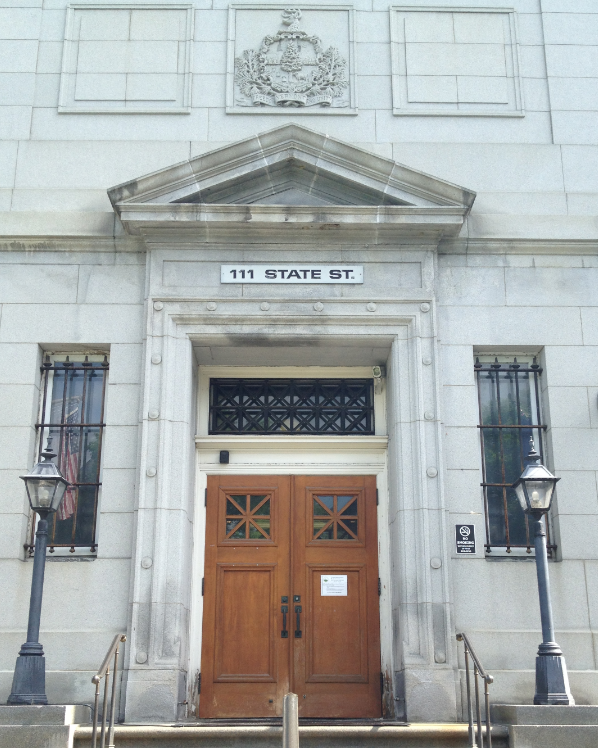Terry v. O’Brien, 2015 VT 132 [October 23, 2015]
REIBER, C.J. Landlords appeal a jury verdict and post-judgment order in this landlord-tenant action involving warranty-of-habitability and consumer-protection claims. We vacate the verdict and judgment, except for the jury’s award of unpaid rent, and remand the matter for further proceedings consistent with this opinion.
Landlords’ general claims of error on appeal are that: (1) the trial court’s jury instructions misled the jury on tenants’ habitability and CPA claims, resulting in prejudice to landlords; (2) the court erred by vacating the jury’s unpaid-rent award in its post-judgment order.
(1)
We agree with landlords that the challenged warranty instruction is inconsistent with Vermont law and was prejudicial to them. The language of the current statutory warranty of habitability reflects the parameters of the common-law warranty as adopted in Hilder v. St. Peter, 144 Vt. 150, 478 A.2d 202 (1984) and expanded in Willard v. Parsons Hill P'ship, 2005 VT 69, 178 Vt. 300, 882 A.2d 1213.. In Hilder, we stated that “to bring a cause of action for breach of an implied warranty of habitability, the tenant must first show that he or she notified the landlord of the deficiency or defect not known to the landlord and [allowed] a reasonable time for its correction,” id. at 161. Because there is no evidence that landlords had actual notice of a habitability defect that led to the fire, tenants’ statutory habitability claim fails as a matter of law.
We also agree that the trial court’s instruction with respect to tenants’ CPA claim was overly broad in defining what constitutes a deceptive act, and that the instruction resulted in prejudice to landlords. The instruction is overbroad in two respects—in not including the element of materiality in defining a deceptive act, and in not requiring that landlords knew or should have known of the alleged defect that they failed to disclose and that led to the 2008 fire. We hold that, in cases where tenants are basing a CPA claim upon the failure of landlords to disclose code violations related to the habitability of residential premises, the tenants must show that the landlords knew or should have known of the alleged defect in the premises. On the record before us, we cannot conclude as a matter of law whether landlords knew or should have known of the electrical splice that led to the fire. Therefore, the matter must be remanded for retrial of tenants’ CPA claim
(2)
Landlords also argue that the trial court erred in its post-judgment order by vacating the jury’s award of $20,000 in unpaid rent pursuant to their counterclaim. The trial court’s ruling must be reversed because of our vacation of the jury’s verdict in favor of tenants with respect to their statutory warranty-of-habitability claim. Absent their habitability claim, there is no basis for tenants to withhold rent. Therefore, the jury’s verdict regarding unpaid rent must stand.
The jury verdict is vacated except for the award of unpaid rent; the trial court’s postjudgment order is reversed; and the matter is remanded for proceedings consistent with this Court’s opinion.
